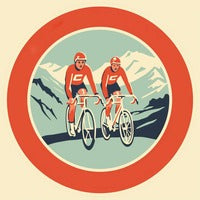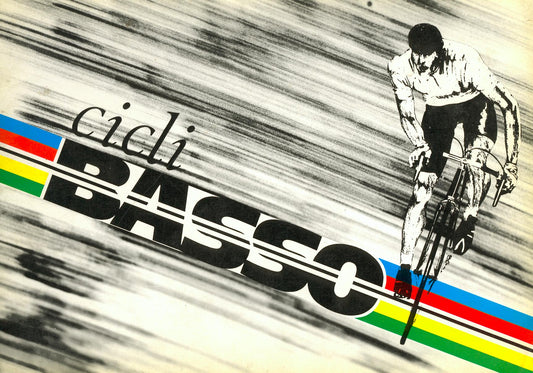Introduction
In the pantheon of cycling legends, one name stands preeminent: Eddy Merckx. Known as "The Cannibal" for his insatiable appetite for victory, Merckx's dominance in the golden era of cycling is unrivaled. Today, we delve into Merckx's insights on the transformation of cycling, comparing the sport during his zenith to its current state.
Eddy Merckx on the Golden Age of Cycling
When we dive into the era that Eddy Merckx calls the golden age of cycling, we uncover a time of titanic battles, legendary cyclists, and races that were as unpredictable as they were thrilling. Merckx, in his reflections, brings this vibrant epoch to life, shedding light on what made it truly golden.
Merckx reminisces about the 1970s, not just through the lens of his own victories but by acknowledging the caliber of his contemporaries. "Everything has changed but you know in years 70s we were big champions also in the classics," he notes, hinting at the depth and diversity of talent that crowded the leaderboards. This was an era where names like Roger De Vlaeminck, Felice Gimondi, and Raymond Poulidor weren't just competitors; they were icons shaping the very fabric of the sport.
The races of Merckx's time were characterized by a raw, unfiltered intensity that seems at odds with the calculated precision of today's cycling. Strategies were formed on the road, not just in the team bus or through earpieces. "I like more my periods of racing than this now because I like racing," Merckx reflects, suggesting a preference for the spontaneous, hard-fought battles of his time over the more controlled engagements of the present.
Moreover, the golden age was not just about the cyclists themselves but also about the courses, the unpredictability of the races, and the sheer unpredictability that each competition brought. The terrains were challenging, the weather was an ever-present adversary, and the technology, while advanced for its time, didn't buffer the riders from the raw elements of the sport. This connection to the road, the elements, and the sheer physicality of racing is what, in Merckx's view, made that era golden.
The Transformation of Cycling Over the Decades
The transformation of professional cycling since Merckx's heyday is profound. In today's cycling world, the changes extend beyond the athletes to the very fabric of the sport's culture and its interaction with the media. Merckx points out the intensified media scrutiny that modern cyclists face: "I think for the riders more difficult because you have more press." He contrasts his experience with the current state, noting, "Before when I was riding to the France we have maybe eight, nine channels to give to the France, now you have 28." This increase in media presence not only amplifies the pressure on today's cyclists but also changes the dynamics of how the sport is consumed and perceived by fans worldwide.
Modern Cycling Through the Eyes of a Legend
Merckx observes modern cycling with a critical eye, noting the increased control and strategy that defines today's races. His comments reflect a longing for the spontaneity and unpredictability that once characterized cycling, a stark contrast to the more calculated and strategized approach seen today.
Bridging Cycling's Past and Present
Eddy Merckx's legacy in cycling is not just about his victories but also his enduring influence on the sport. His reflections offer invaluable insights into the evolution of cycling, from the tactics and competition to the overwhelming media presence. While the sport has transformed in myriad ways, the essence of cycling—the struggle, the triumph, and the passion—remains unchanged. Through Merckx's eyes, we gain a deeper appreciation for the journey cycling has undertaken from the rugged roads of his era to the high-tech sprints of today.

